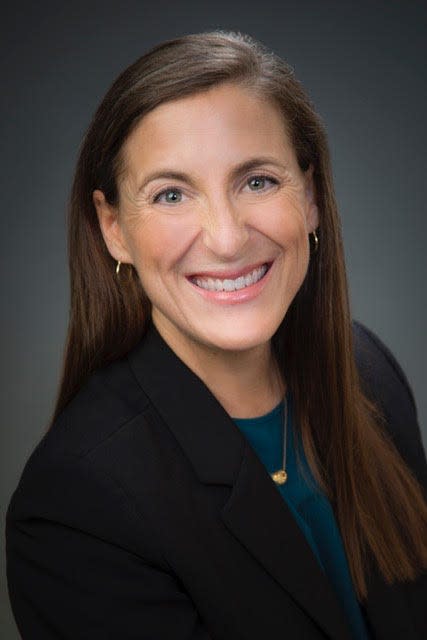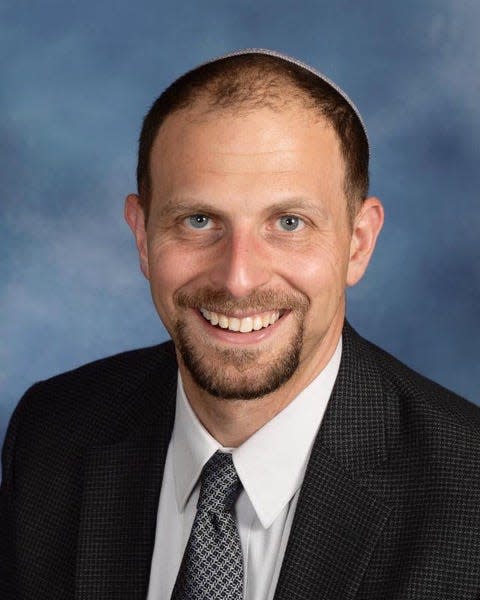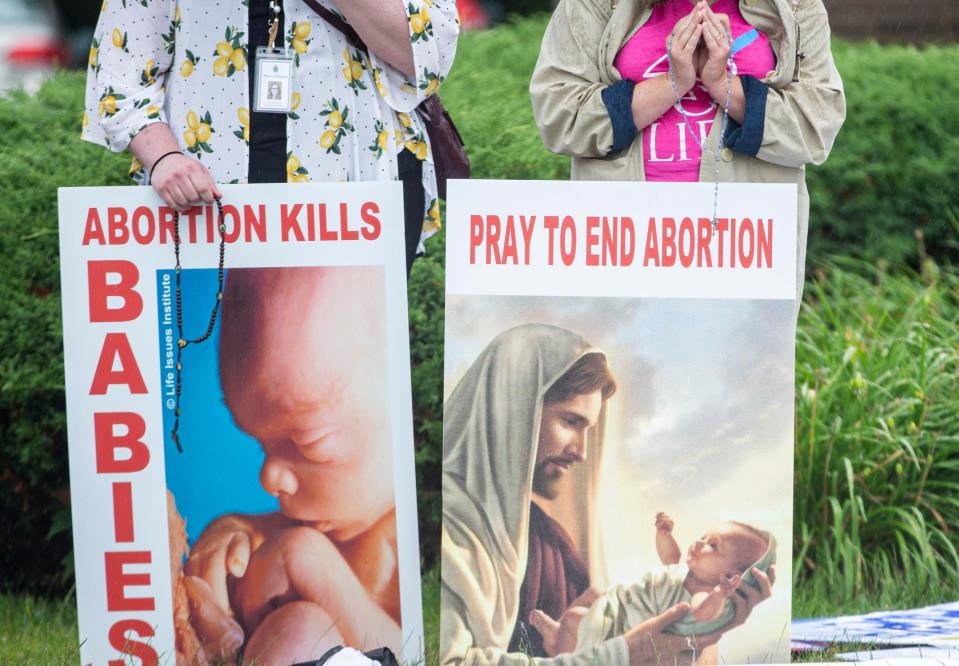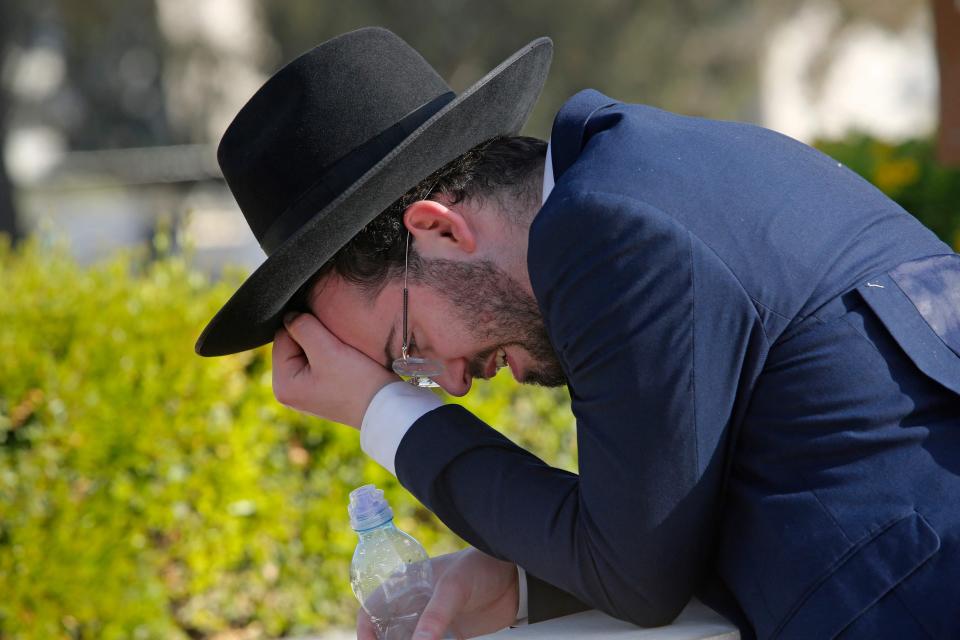Rabbis: Abortion 'not only allowed but necessary' under our religious law.
Rabbi Sharon Mars serves as the senior rabbi of Temple Israel, Columbus. Rabbi Rick Kellner serves as the senior rabbi of Congregation Beth Tikvah, Worthington.
As rabbis, we are invited into joyful and vulnerable moments in our congregants’ lives.
We celebrate the birth of children, and we mourn with those who have lost a pregnancy.
All faith leaders must be ready to nurture the psychological and spiritual vulnerability of pregnant individuals who are faced with the possibility of terminating a pregnancy.
More: Jews, outraged by restrictive abortion laws, are invoking the Hebrew Bible in the debate
As Americans, we are descendants of those who came to this country because the First Amendment sheltered them from religious persecution. As Jews, we are grateful that our founding fathers saw the need to separate church and state.
With the First Amendment guaranteeing that “Congress shall make no law respecting the establishment of religion, or prohibiting the free expression thereof,” we as American rabbis expect that our rights will be guaranteed not only in our prayer spaces, but also how we apply our Jewish values to life’s critical decisions.
More: Keeping the faith: In abortion debate, we must be true to our outermost parts
As rabbis, we strive to lead and live in covenantal relationship with the Divine and are therefore dedicated to protecting Jewish law’s foremost concern when it comes to the prospect of abortion: to uphold and take steps to protect the life and liberties of the pregnant person who is in danger.

The conversation around abortion and the status of the fetus begins with Exodus 21:22-23, which Jews understand to mean that the status of the mother and the status of the fetus are different.
A fetus is not yet considered a life while in the womb.
Maimonides, a medieval Jewish legal thinker, who was both a rabbi and a physician, determined that in cases where the mother’s life is threatened, abortion is not only allowed but necessary.
In cases such as pregnancy incurred by rape or incest, pregnancy containing fetal abnormalities, ectopic pregnancy, and so on, Jewish law recognizes the need for abortion in order to preserve the life of the mother.

More: How to submit guest opinion columns to the Columbus Dispatch
In these cases, the woman’s health — both physical and mental — is considered tantamount, even as the well-being of the fetus in utero is of extreme concern.
Jewish law insists that life begins at birth, not at conception. It recognizes both a fetus and a pregnant person as having worth and value, but at no point does a fetus ever have more value than the pregnant person carrying that pregnancy.
More: Conversation: Is Ohio's abortion law ''quite barbaric' or saving 'innocent victims?'
Far too many Americans only hear the message of the religious Christian right.

The voices of other religious faiths are silenced. Our voices must be heard too.
Rabbi Hara Person, CEO of the Central Conference of American Rabbis, wrote, and we agree, “We deserve the right to our own beliefs, our own opinions and our own bodies.”
More: Ohio clergy: 'Trigger ban' an 'overreach by religious zealots' that would take us backward
The recently enacted law strips pregnant citizens of this right and infringes on the religious freedom of those whose faiths permit and require abortions. As Jews, we should not be subjected to law that is reflective of another religion’s beliefs.

Though we do not claim to speak for all rabbis, we view the overturning of Roe v. Wade as a total subversion of the moral agency of all pregnant persons in America. The state of Ohio is destined to be its greatest when all people who can become pregnant live in self-determination.
More: Abortion rights are a religious freedom issue: A Jewish perspective | Opinion
With the support of our government, we can cultivate a society in which children come into the world under the very best of circumstances, each child a beloved and wanted child, growing up in a community that cares about the full potential of their lives as responsible, educated, hard-working citizens.
That would be the state of Ohio we could all be proud to live in.
Rabbi Sharon Mars serves as the senior rabbi of Temple Israel, Columbus. Rabbi Rick Kellner serves as the senior rabbi of Congregation Beth Tikvah, Worthington.
This article originally appeared on The Columbus Dispatch: Opinion: What does Jewish law say about the right to abortion?

